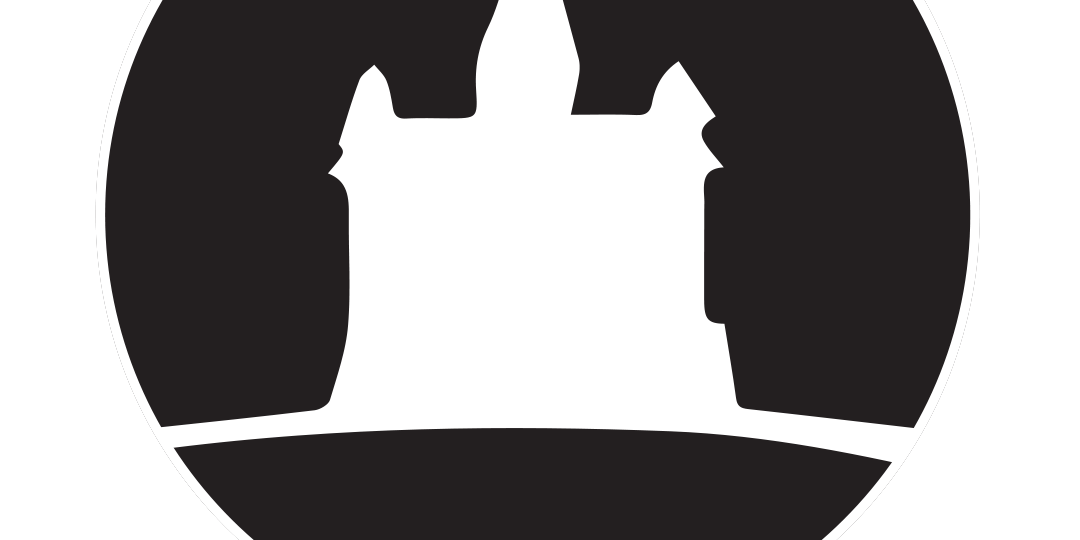
In writing this letter, I share with you a particularly egregious story of the suppression of speech I encountered as a student journalist. I am going public with this information in an attempt to make transparent the forces that all students who seek to report on the going-ons of this college face in bringing information to light for public reading and archival records.
At the beginning of this semester, I wrote an article about the then-imminent Bon Appétit takeover of the Lion’s Pause Kitchen. I wanted to speak to college administrators about the situation. Originally, the Marketing and Communications Office (MarCom) wanted The Olaf Messenger’s news editors to conduct the interview. Thanks to our editors’ diligence, we secured a meeting for myself and another reporter about the situation with two President’s Leadership Team members. The Director of Public Relations sat in on the interview as a representative of MarCom.
As I sat down in the interview, a sheet of paper was slid across the table. The MarCom representative said that the email was going out to the student body in a minute — one minute before our interview was scheduled to start. This email announced the halting of Bon Appétit taking over the Pause. I found this bizarre but failed to name my discomfort at the moment, which I regret. At the moment, I was too shocked to ask any coherent questions.
I recoiled when I listened back to the recording and caught a detail I missed: One of the administrators I was interviewing asked the MarCom representative if they had missed anything in their explanation. Having conducted numerous interviews as an ethnographer and journalist, I am used to people being self-conscious about the information they share. This went a step beyond choosing words carefully to actively creating a barrier that prevented me from speaking freely with my source.
Listening back to this moment, I understood more than ever that as a student journalist, I was viewed as a disrupter of the College’s message. I don’t believe it was a coincidence that the email announcing the halt of the Bon Appétit takeover of the Pause was sent on such short notice before our interview. I also think a MarCom representative sat in as a form of internal communication control, not just as a passive observer. Limiting my ability to ask critical questions and having prepared statements approved by Marketing and Communications strikes me as a particularly transparent show of efforts to limit the investigative power of student journalists.
My journey as a student journalist has illuminated how the administration creates a culture within the College that makes it purposely difficult to go public with any information that counters the dominant narrative of the College. Administrators I once considered mentors early on in my college career have grown distrustful of me since I joined The Olaf Messenger as an editor. People who open up to me as a researcher for my Sociology/Anthropology coursework close up when I talk to them, making constant nervous jokes about being “off the record.” Just as I follow ethics for my ethnographic research, I am guided by ethics as a journalist. These reassurances are met with hesitance. Any mistake I make, any question I ask is under a microscope. Writing for the public and the historical record of the college community has transformed me from a force for asking legitimate questions as a student to distrustful. When I served on the Student Government Association (SGA), I received pushback on attempts to make a change grounded in the idea that I was naive. Now that I work as a student journalist, I am presumed to have selfish intentions.
I am not here to defend journalism as a practice and profession overall. Journalists can be, and often are, a force for furthering inequity. This knowledge encourages me to question my own ethics and writing continuously. I am guided by journalistic ethics, my education as a social scientist, and my sustained dialogue with peers and mentors about how journalism can improve. To assume that all journalists only seek to cause chaos strikes me as a rather reductive way of engaging with a pillar of our campus and society. St. Olaf proclaims to promote free speech, but I find that there is a lack of education on the necessity of a free press or journalistic ethics. If we did, perhaps we could have more students educated enough on what constitutes restrictions on journalistic freedom. Engaging in dialogues about how a healthy student press contributes to a thriving academic community could help us to resist when pressure is pressed on journalists by the institution.
I am writing to you at a critical moment for student journalism and freedom of speech across the United States. Here at St. Olaf, we are experiencing a sustained speech crisis. I hope in writing this so that I can open up more opportunities for students to engage in dialogue about the importance of free speech and press at St. Olaf beyond the limitations set by the College.
Caroline Geer is from Northville Mich.
Her major are sociology/anthropology and race and ethnic studies.

